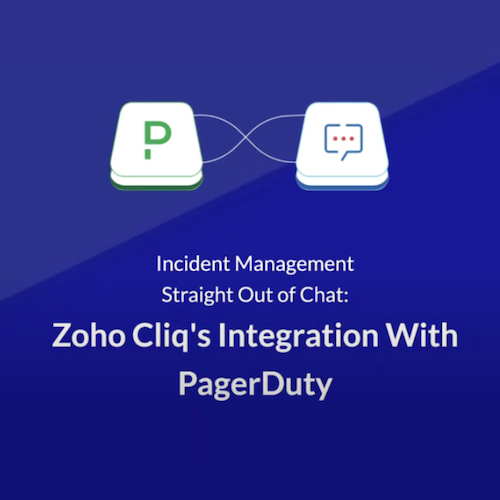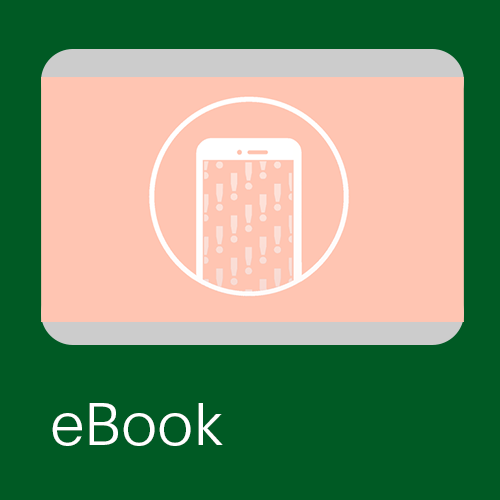Call Routing Software
Call routing refers to funneling incoming business calls into a queue, then routing these to available agents, as outlined in predetermined criteria in the call routing software set up by administrators.
The system providing this functionality is known as an ACD (Automatic Call Distributor).
As a benefit, this process can streamline workflows and help reduce customer wait time, depending upon caller volume and the number of agents in a call center.
To discover which call routing software works best for you, there are a number of criteria to consider.
The top three types of call routing software
When determining a solution to address your organization’s requirements, first consider the needs of your customers. Many are already tired of navigating long menus and jumping through hoops in an attempt to speak with a customer service representative. You will want to avoid adding to your customer burden.
On the other hand, you also want to reduce call center costs as much as possible. To do this, let’s examine the three customary strategies call routing software can take.
What are the types of call routing software?
ACD-based call routing: This is the type most people are familiar with when reaching out to an organization—and the type least preferred by callers. With your basic ACD-based call routing system, calls are placed in a queue until the next agent is available. The result? Often, very long wait times.
Skills-based call routing: This form of routing uses data to guide the call appropriately through the system, often based upon the likely criteria or skills needed to take the call. This could mean matching a Spanish-speaking agent with the next caller who is assumed to be Spanish-speaking as well, due to the location of the caller.
Priority-based call routing: This funneling system forms queues based upon the criteria an organization provides on its customer database. Think airlines that prioritize boarding with its first-class passengers. The same could be applied with priority-based routing to allow faster “white glove” service with less wait time (if any) for certain clients.
Outside of simply providing a call center, you will want to factor in that customers today are looking for an omnichannel approach—one that allows them to reach out using chat, social media messaging, or email. This approach should also be given consideration since it allows for a more integrated experience.
Selecting the best call routing software service
Selecting the right service is important, as it provides the gateway introduction to your business. Anything that introduces friction and degrades efficiency should be deprioritized on your list.
When selecting call routing software, you will want to consider the following features:
- Easy setup: Call center managers stay on the frontline, overseeing day-to-day activities. Having the ability to quickly update call routing criteria, based on real-time needs, could help alleviate customer wait times greatly.
- CRM integration: Having this functionality can provide a 360-degree view of your customers and agent funnels, helping ensure KPIs are met and flagging issues. Simply asking customers to take a survey at the end of the call won’t suffice anymore.
- Conversational AI: No one likes to be ignored, and now through machine learning, customers can actively converse with AI chatbots that sound convincingly human. This approach can also solve many issues without the need for a call center agent, which helps reduce your overall operating costs.
Choosing the right call routing software system for your specific needs can help improve operational efficiency and team productivity. And PagerDuty can offer the same high level of efficiency for your on-call management and incident response teams, delivering the right information to the right people—helping ensure incidents can be resolved quickly.
Get started today with a 14-day free trial—no credit card required.
Additional
Resources
Webinar
Zoho Cliq and PagerDuty: Straight Out of Chat
EBook
The On-Call Survival Guide | eBook | PagerDuty


